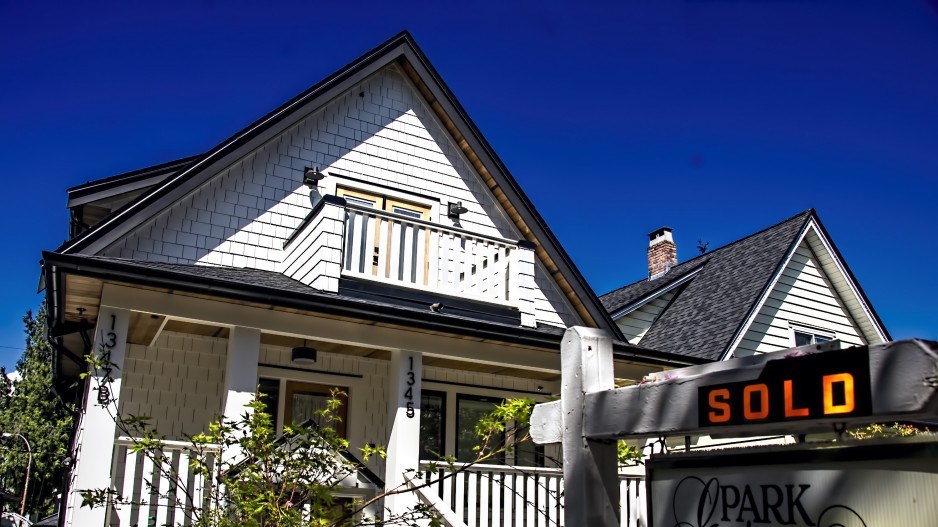The Métis Nation British Columbia is working to break down some of the barriers Indigenous Peoples face in accessing housing with a new first-time homebuyers program.
In partnership with the Métis Financial Corporation of British Columbia (MFCBC), the nation is offering first-time buyers a one-time grant which includes a forgivable loan for up to $20,000 towards a down payment or purchase, and up to $3,000 toward closing costs, according to MFCBC.
The loan is interest-free and does not need to be repaid, as long as the terms and conditions of the program are followed for a period of five years from the date of purchase. It also applies to all housing types.
With interest rates increasing and home prices back on the rise, many find it difficult to purchase a property in many parts of the province. For Indigenous individuals in B.C., this challenge is further compounded by systemic biases and additional barriers to housing access, according to those who spoke to Glacier Media.
“Métis citizens have been an underrepresented group in home buying and [have experienced] many, many years of disadvantages. So we’re hoping that it helps level the playing field and allows people to own their first home,” said Evan Salter, CEO of MFCBC.
In B.C., 52 per cent of women-led, lone-parent households spend more than 30 per cent of their income on rent and utilities, according to Margaret Pfoh, CEO of the Aboriginal Housing Management Association.
The Canada Mortgage and Housing Corp.’s definition for affordable housing is shelter accounting for less than 30 per cent of a household’s before-tax income.
“That’s substantial. I mean, how are they expected to create downpayment opportunities,” said Pfoh.
Through the Aboriginal Housing Management Association’s research, they were able to identify roughly 540 households who were “very close to being able to sustain their own mortgage” thanks to innovative programs that could either provide a down payment or equity leverage to help households get into a home.
Across Canada, approximately one in 12 Métis – or 49,565 people – were living in crowded housing in 2021, according to Statistics Canada. Of those in these crowded conditions, one-quarter were living in a household composed of a couple with children. Other common living arrangements included one-parent families (23.3 per cent) and multigenerational households (22 per cent).
The new initiative will allow Metis individuals who are able to obtain a mortgage but are having difficulties accessing enough funds for a down payment and closing costs, according to MFCBC.
“There’s an intrinsic bias in the lending market.… There’s a very good chance that systemic oppression would play a role before they could get out the gate with their down payment,” said Pfoh.
Indigenous households make on average $4,450 less annually than the average non-Indigenous household, according to Pfoh.
“I also see this as a real opportunity for Métis citizens to build equity and build that generational wealth that may have been missing in the past,” said Salter. “I think this will even increase the number of Métis citizens who start their own business.”




